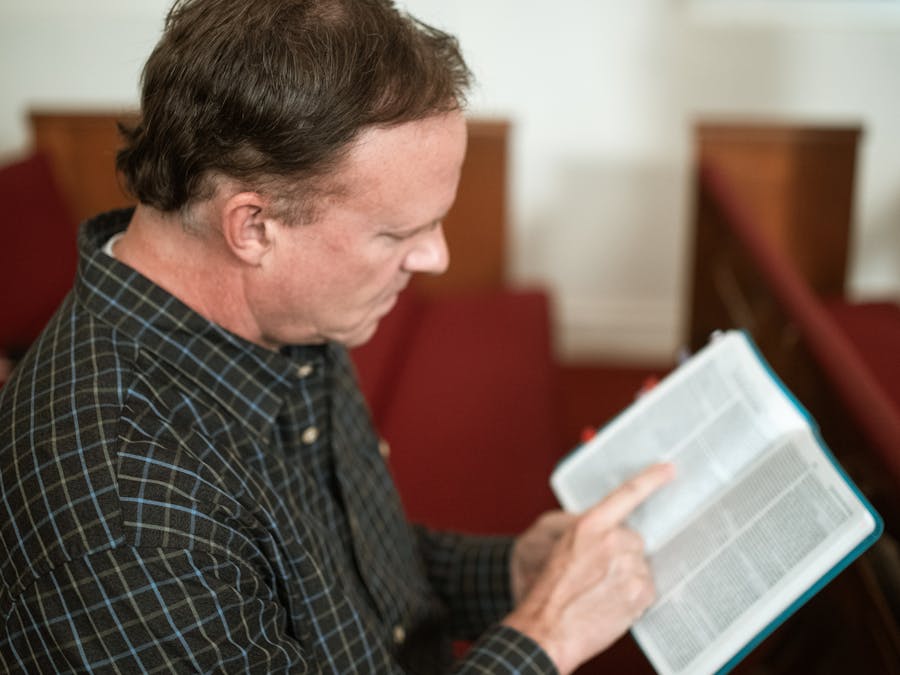 Piano Guidance
Piano Guidance
 Piano Guidance
Piano Guidance

 Photo: Victoria Strelka_ph
Photo: Victoria Strelka_ph
Beethoven, as far as we know, knew nothing of Chopin's work and given how infrequently Chopin performed, never could have heard him play a piece.

Top 20 Party Songs Mark Ronson ft. Bruno Mars- “Uptown Funk” ... Pharrell Williams-“Happy” ... Bon Jovi-“Livin' On A Prayer” ... Usher ft. Lil Jon...
Read More »
Any student is able to learn to play piano by ear, all it takes is a lot of practice and several different exercises and techniques to train your...
Read More »
For the majority of first time guitarists, learning blues guitar will take between 200-900 hours of practice to reach a playable status. 900-2,500...
Read More »
It's a proven fact that adults have successfully learned to play the piano to a very proficient standard even when starting at an older age! In...
Read More »Frederic François Chopin (1810-1849), has been described by many as the ‘poet of the piano’. Similar to Beethoven, Chopin’s main instrument was the piano and like Beethoven, he too pushed the boundaries of pianistic technique and composition. What is undeniable is that Chopin used his legendary facility as a pianist to create works of inordinate beauty and sensitivity that have been unparalleled by other composers that followed. Unlike Beethoven, Chopin adored the company of others and people were drawn to the somewhat enigmatic figure that he must have cast. Surprisingly, Chopin did not enjoy the experience of performing in public even though his abilities were exceptional. His persistent ill health did not help his anxiety about performance and he preferred to make his living teaching nobility, giving only very few concerts in the last two decades of his life. Chopin may well be thought of a lyrical poet although he had very little interest in literature. His association with the French author George Sand is widely acknowledged as important in Chopin’s life as she was a huge support and inspiration to him even though at their first meeting Chopin questioned whether or not she was actually a woman at all. Chopin’s compositions stemmed from his desire to express whatever was inside him and far from being the withering melancholic that many suggest, he was a formidably gifted composer who made a substantial contribution to the world of Romantic music. Chopin centred almost his entire output on works for the piano or ones that brought the piano into the main spotlight. He is perhaps best known for his Nocturnes, Polonaises and Mazurkas. Frequently in these works, we hear echoes and influences of Chopin’s Polish origins. Sideways glances at the music of the peasantry with all its vital rhythmic drive and earthiness. As an exile from his home country, it is perhaps easy to understand how the need to include what was still a fundamental part of his make-up, into his compositions. Equally famous compositions by Chopin include his terrifying Études, of which there are twenty-seven, three Piano Sonatas and two Piano Concertos. Many critics have passed harsh comments on these longer musical compositions claiming that Chopin had not really the skill to sustain lengthier pieces. My feeling is that you will need to make up your own mind, but take care not to so easily dismiss Chopin purely as a miniaturist. He wrote no symphonies, operas or indeed any songs or string quartets but what he left us with is a superb collection of pieces for piano that still remain amongst the most performed pieces today.

WD-40 is an excellent penetrant but should not be applied as a lubricant to mechanical keyboard switches. WD-40 is low in viscosity and over weeks...
Read More »
California, Nevada, Oregon, Hawaii, New York, New Jersey and Washington are the only US states that entirely prohibit the sale of ivory to deter...
Read More »Both Beethoven and Chopin led short, difficult lives in which they each significantly furthered the development of the piano as an instrument as well as providing us with a repertoire that is unique. They each crafted the cornerstone of contemporary piano technique. Both composers were able to pour themselves into the music they left us. Chopin and Beethoven were equally gifted tunesmiths and structural innovators. There are very few classical tunes that we find ourselves familiar with that are not composed by either of these two great composers. Beethoven was able to extend his work into ever more elaborate and sustained compositions whilst Chopin excelled in smaller but correspondingly inventive, intimate pieces. As pianists, they probably could not have been more different. Beethoven was supposed to have actually broken the strings on his piano as his deafness increased whilst Chopin was described as a delicate, technician. As far as we can ascertain from Chopin’s correspondence, he admired Beethoven’s Appassionata Sonata (Op.57), but otherwise expressed no particular like or dislike about his music. Beethoven, as far as we know, knew nothing of Chopin’s work and given how infrequently Chopin performed, never could have heard him play a piece. What is certain is that without these composers the world of piano, symphonic and chamber music would be much the poorer.

The Holy Lance, also known as the Lance of Longinus (named after Saint Longinus), the Spear of Destiny, or the Holy Spear, is the lance that...
Read More »
Jolij has found that songs from the 80s and before are more “feel good” than songs composed in later times. However, just as music is personal,...
Read More »
Steinway & Sons is all–American, from the initial craftsmanship of the piano's rim to its final polish before departure from our factory in New...
Read More »
The piano is a relatively easy instrument to learn, but every new skill has its challenges. Below are some of the factors that might be hard for...
Read More »